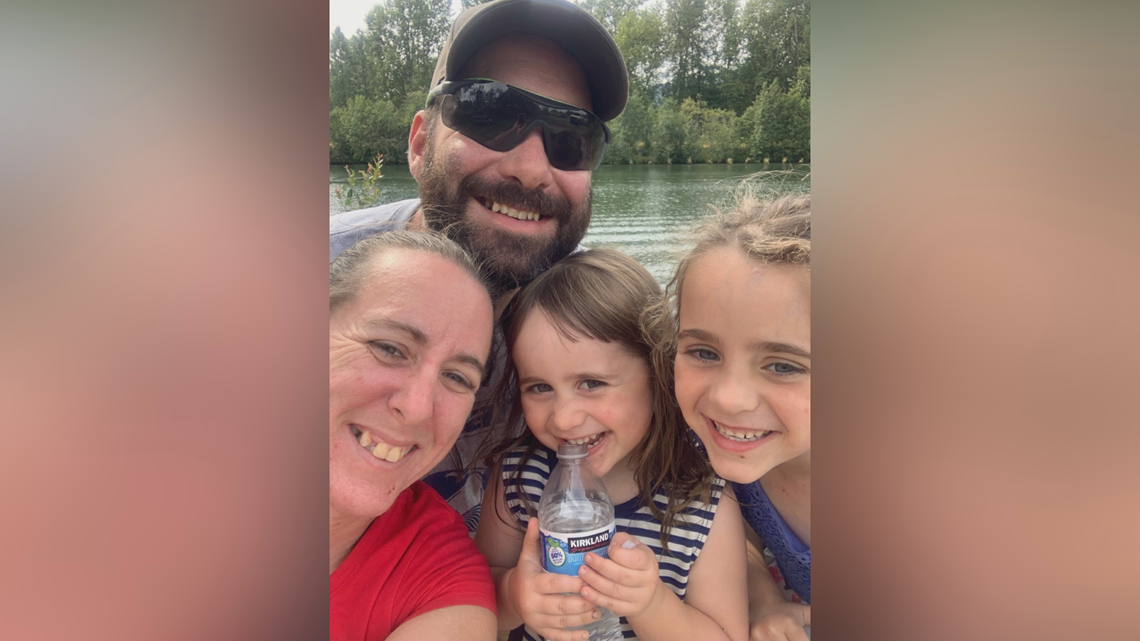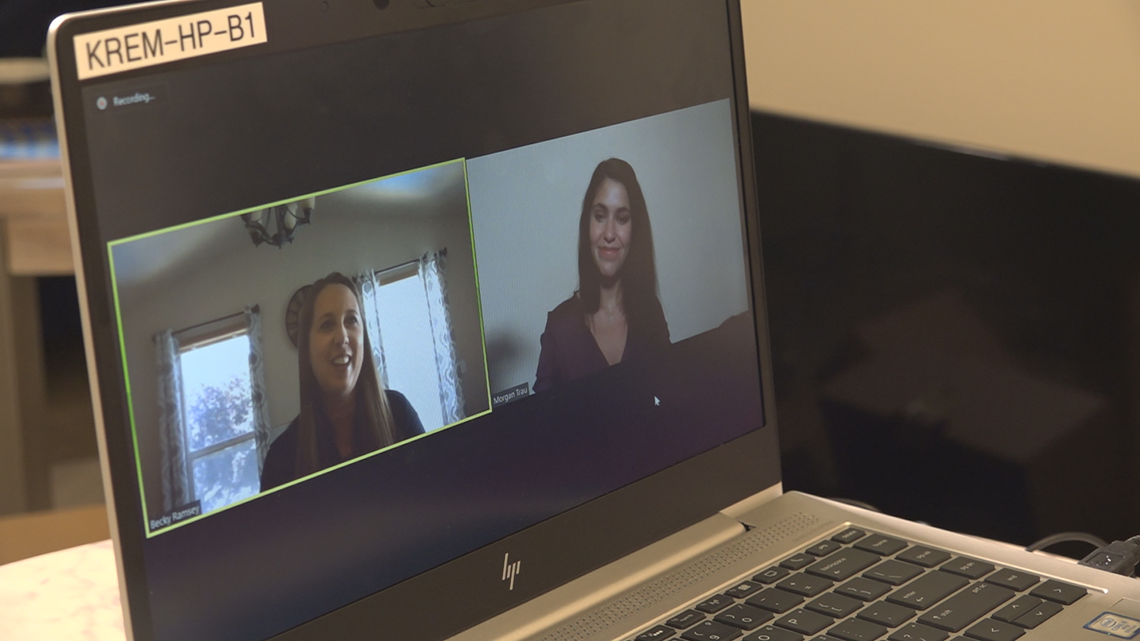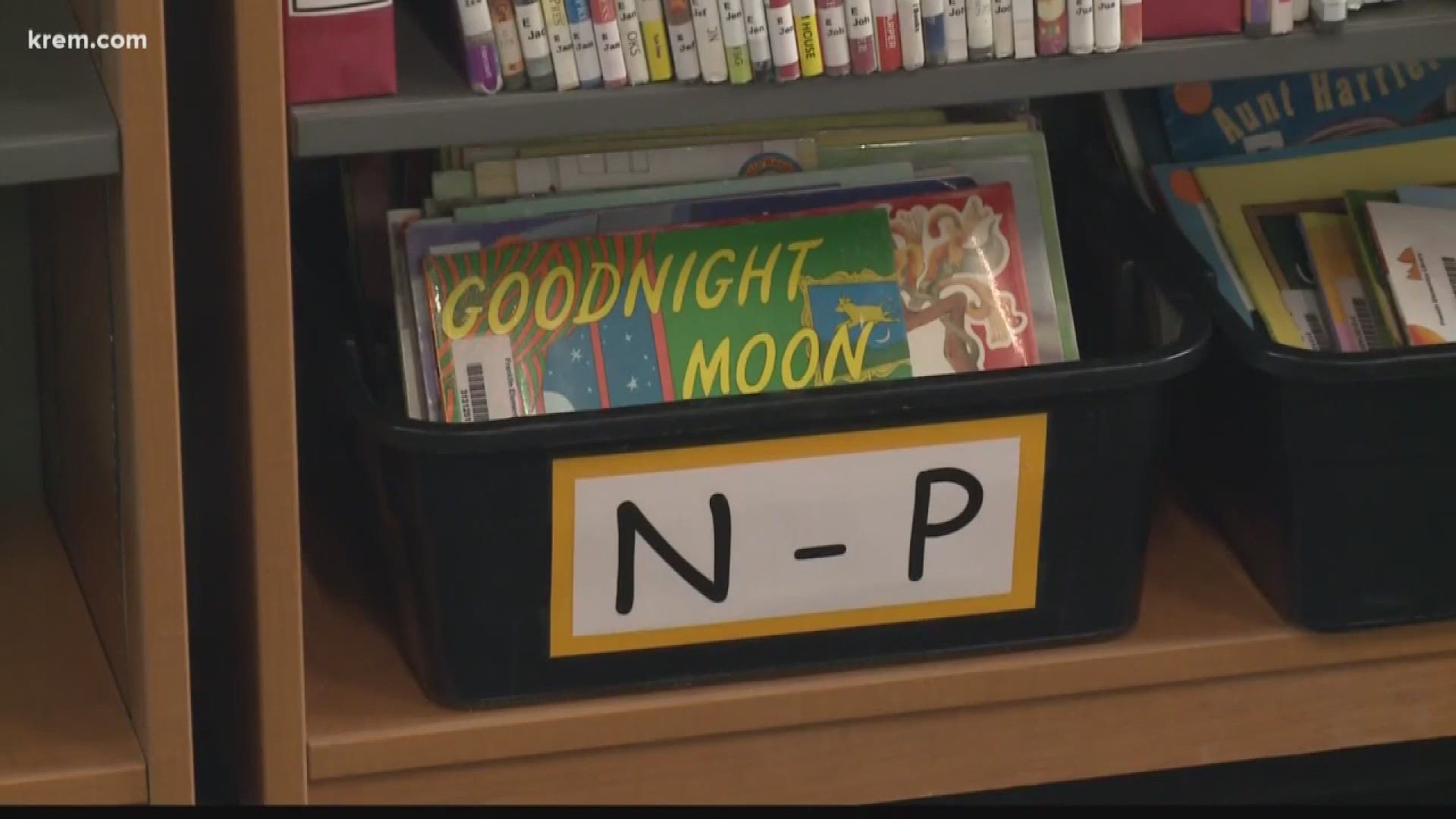SPOKANE COUNTY, Wash. — As more and more districts move to virtual learning to start the school year due to the coronavirus pandemic, some parents are voicing concerns about the difficulties they will face to keep their children caught up on their education.
Many parents in the Spokane Public Schools district have also voiced these concerns, including some parents of the 17% of students in the district with special needs.
"I just have to let her be a kid without school because I can't do like this spring," said SPS mother Kathy Boone. "I can't, mentally, physically, and I'm trying to keep my own sanity."
Boone has a six-year-old daughter with special needs. She is autistic, has sensory processing disorder and has ADHD. Her disorders make her need a routine, said Boone.


Last school year was difficult for her family.
"She did not succeed at all," she said. "She did not, I feel, like have all the services that she needed. It took us sometimes four hours to do one single entry task. It takes about 10 minutes in class."
She is concerned that her daughter will only fall more behind with a lack of in-person structure.
"It's just meltdowns and meltdowns because she knows we can't go back in person," she said.
The biggest concern parents have voiced is their child needing more support, said Spokane Public Schools Director of Special Education Becky Ramsey.
The district is listening, she added.


"We're trying to create a model that has options for everyone," she said. "We have an obligation to provide FAPE [Free Appropriate Public Education] to every student with IEP [Individualized Education Program] and that includes giving them access to education that allows them to make progress."
That means there will be hybrid, in-person learning for some children.The school will work with each family and determine the right amount of in person time for each student, she added.
There will be restrictions to hybrid learning, though.
"Due to the small number that we have to keep the group size down to it can't be be everybody," she said.
It will be based on a student's disability, and how that affects their ability to access remote learning. Students with visual or hearing impairments might have some additional challenges when accessing remote learning, so they are more likely to have hybrid learning.
"Students with autism spectrum disorders, as well," she said. "It's going to be more difficult to engage."
It comes down to that case-by-case situation, so every family will have a conversation with their child's case manager before they start school, she said.
"I would love for her to be only in school, but hybrid is better than nothing," said Boone.
SPS will be having a webinar Tuesday night at 6:30 on Facebook Live to answer questions from parents about special education. Register here to take part.

